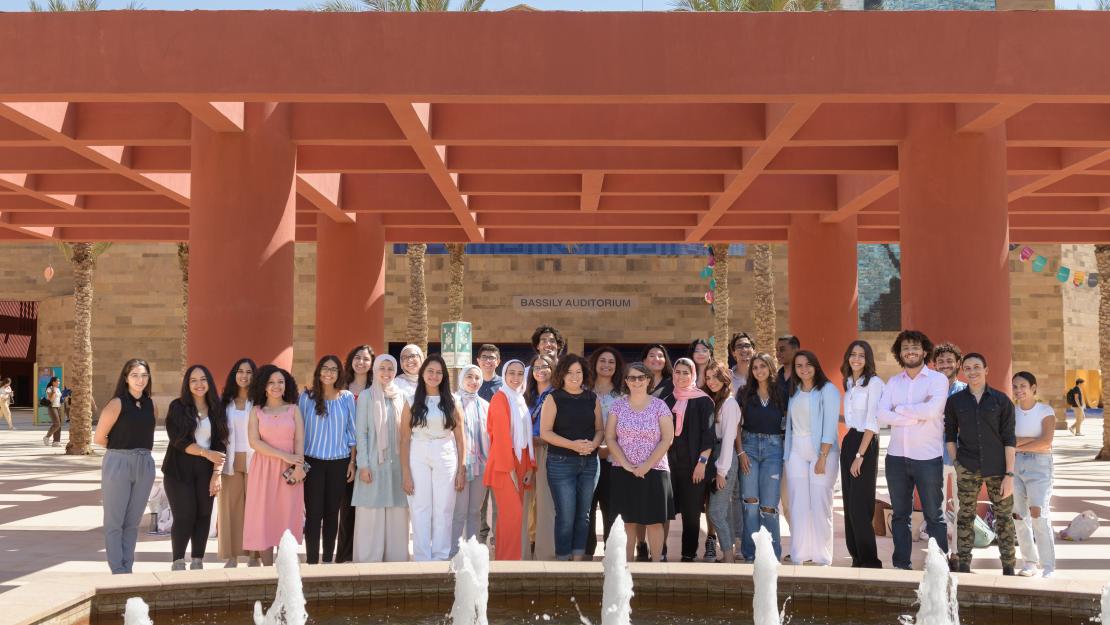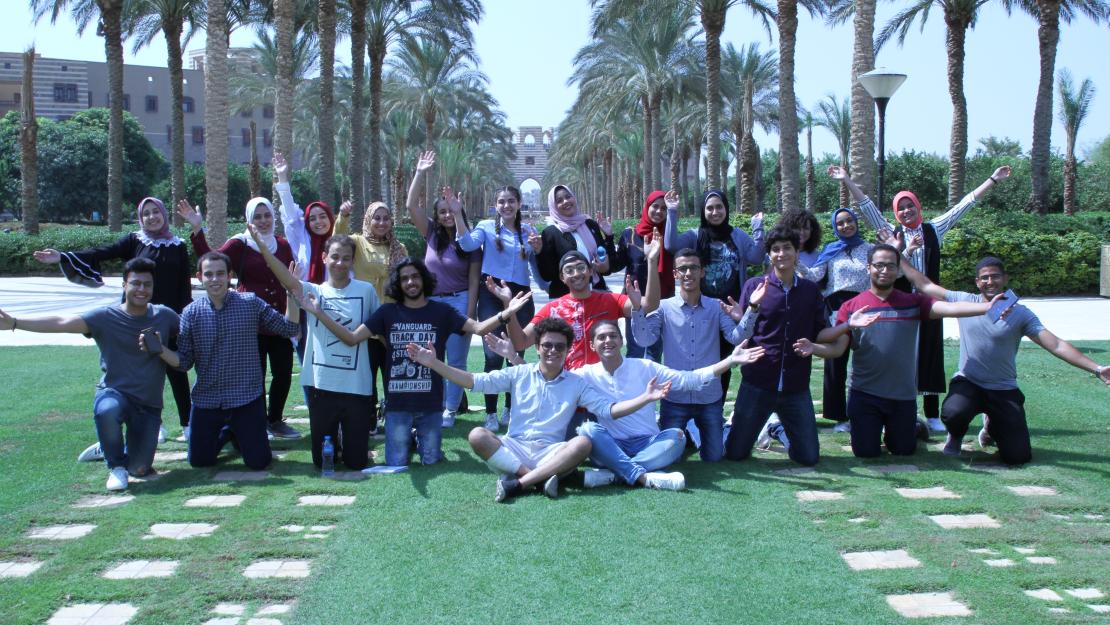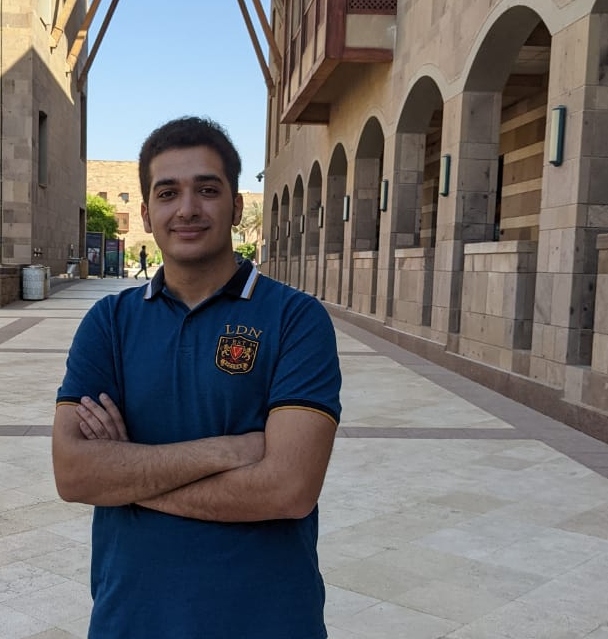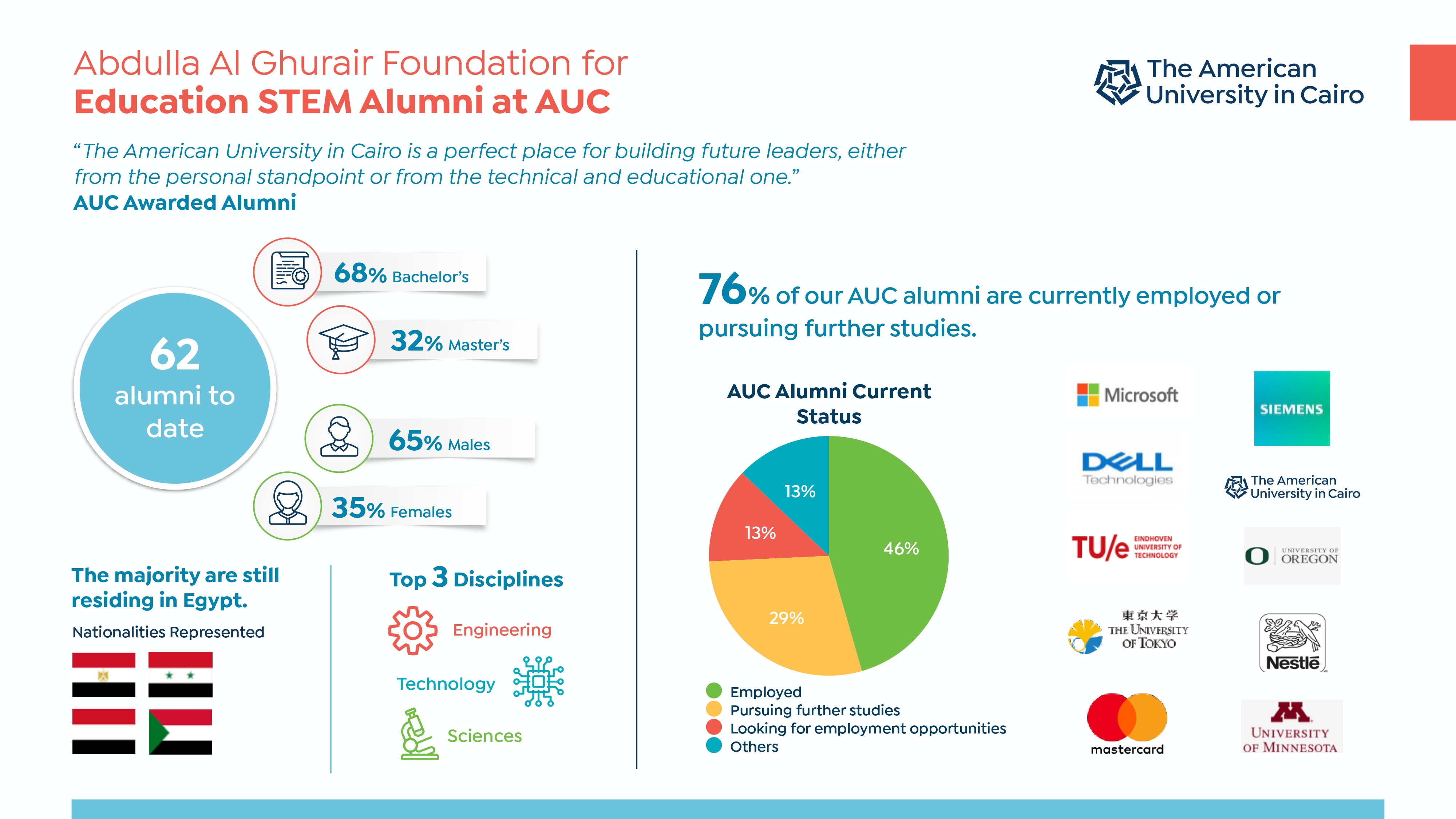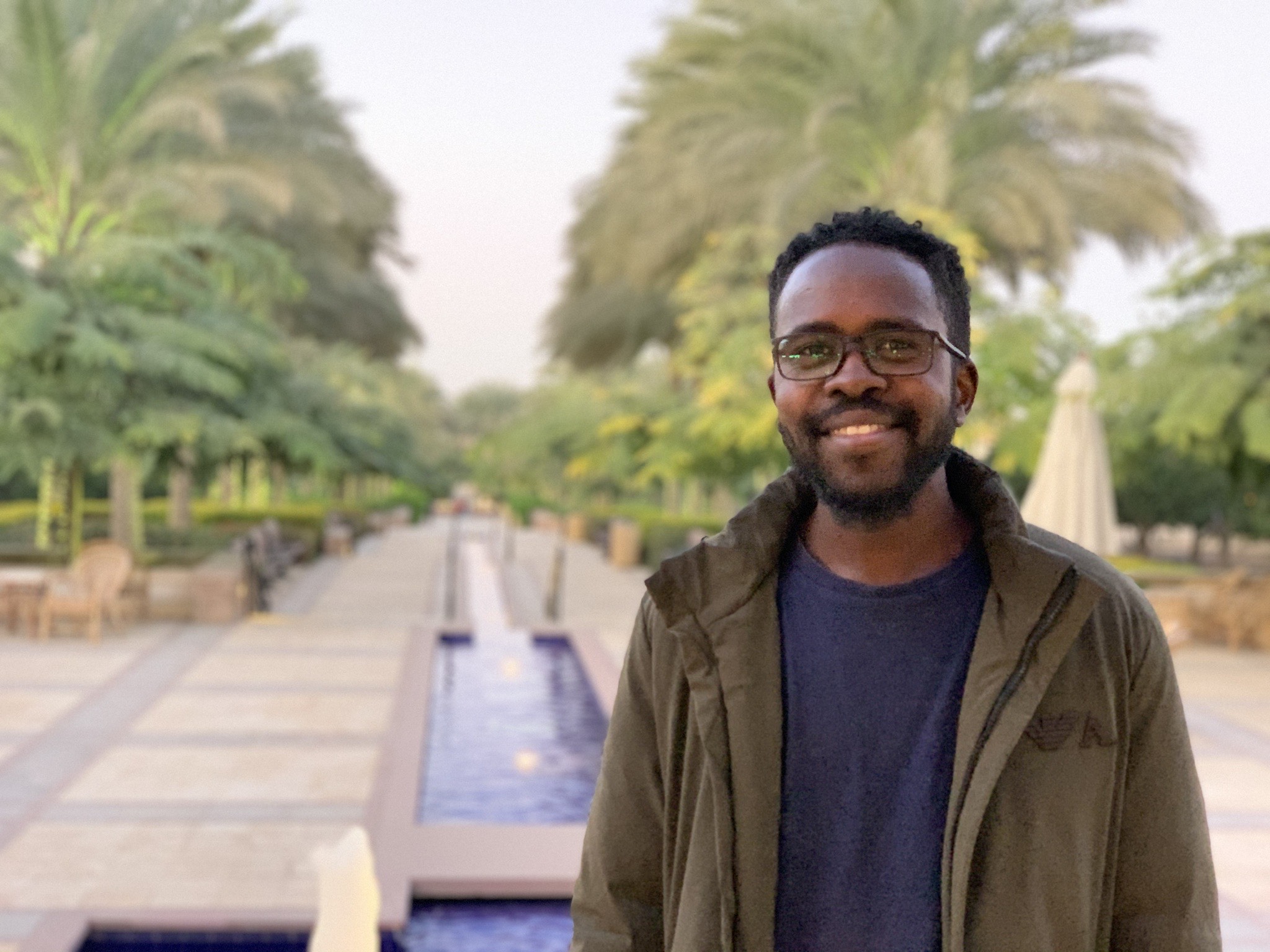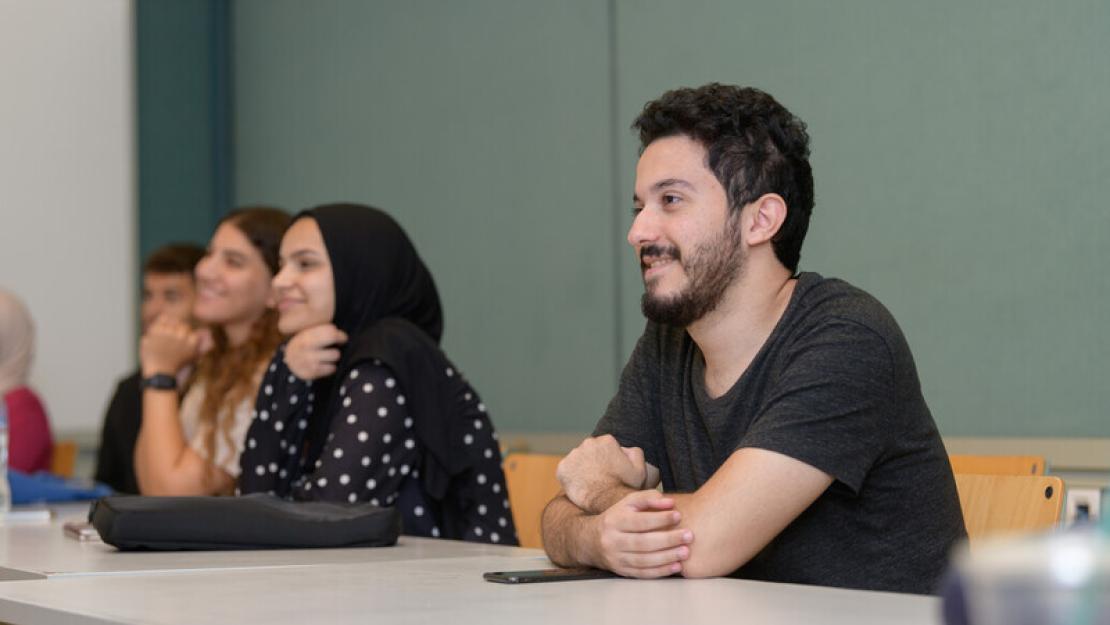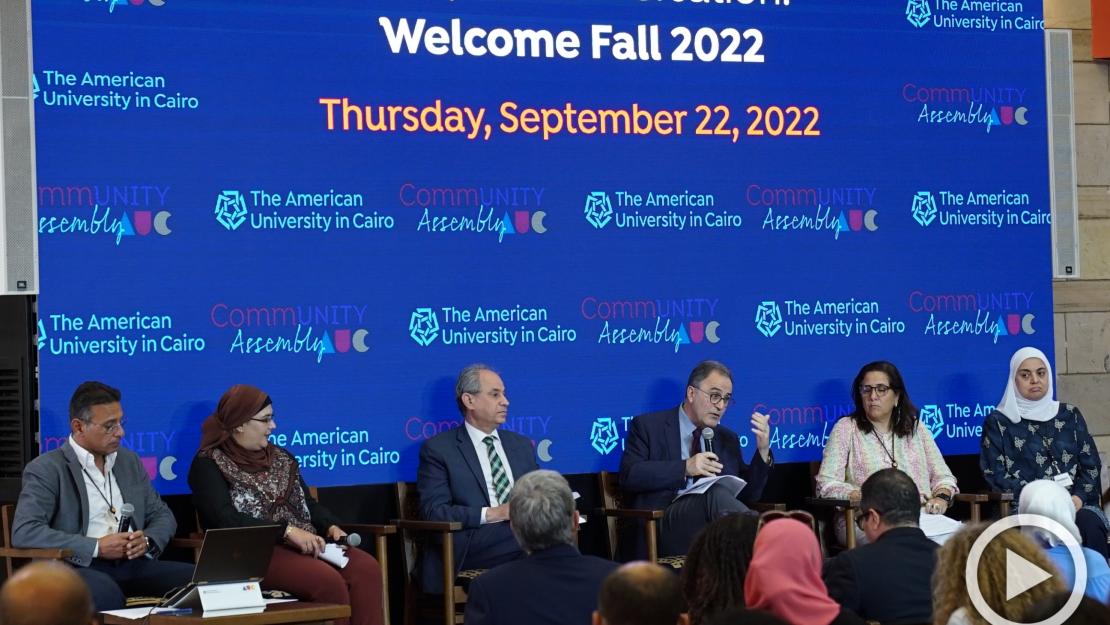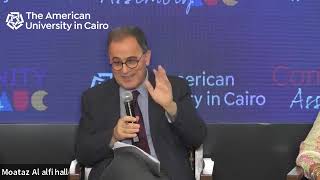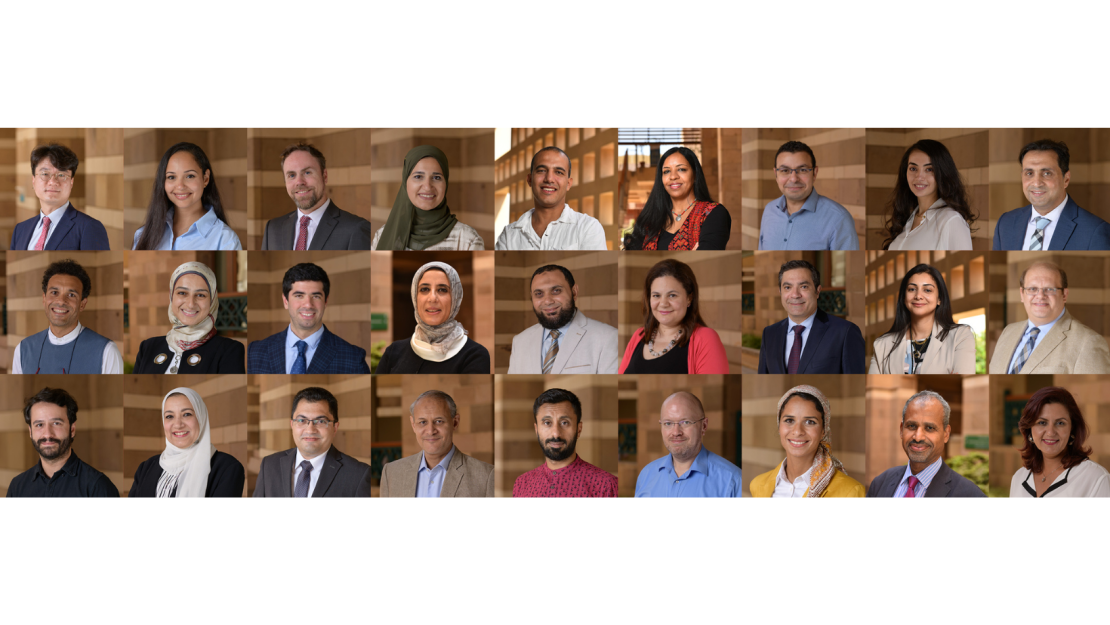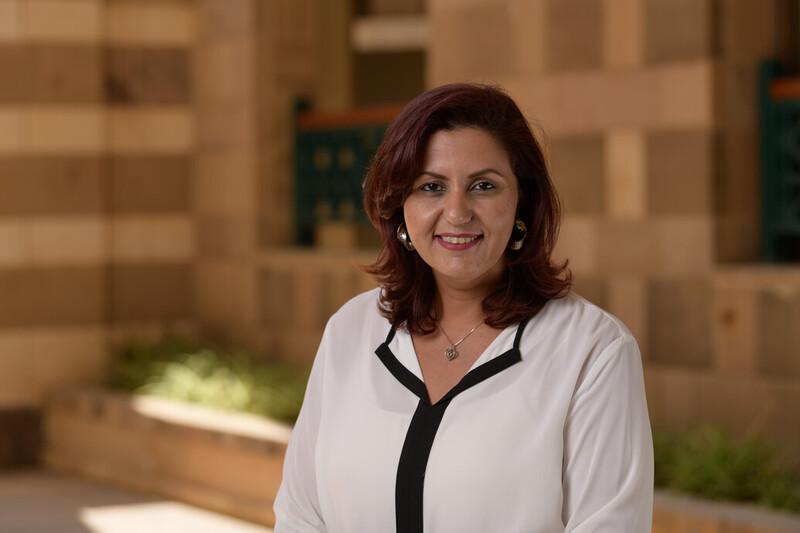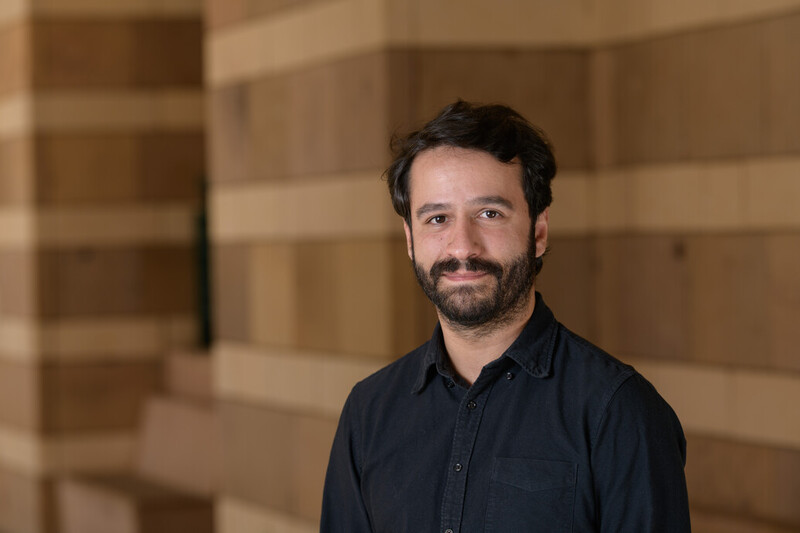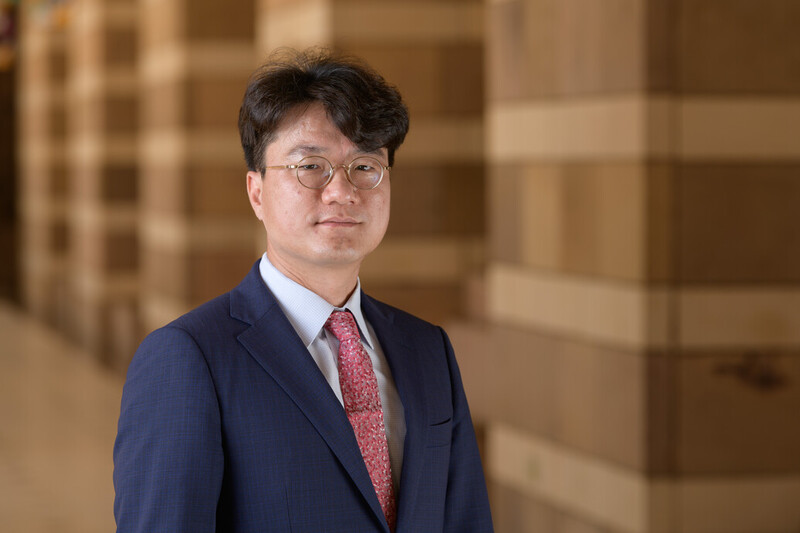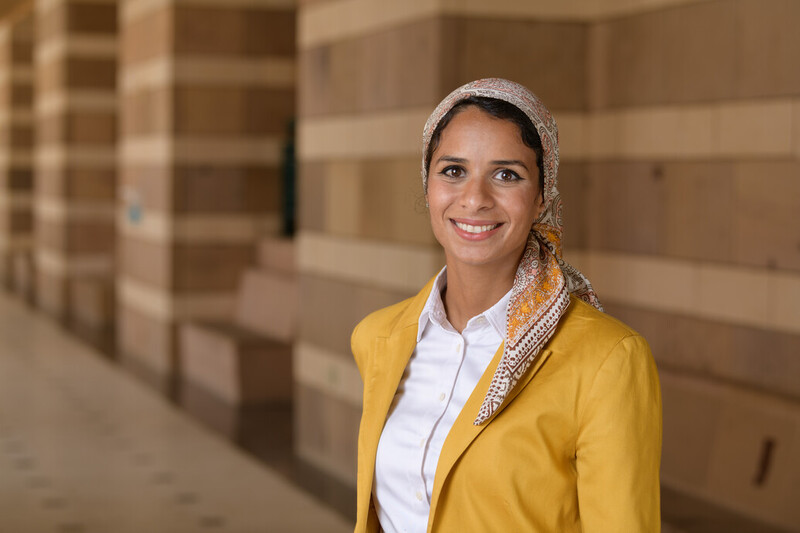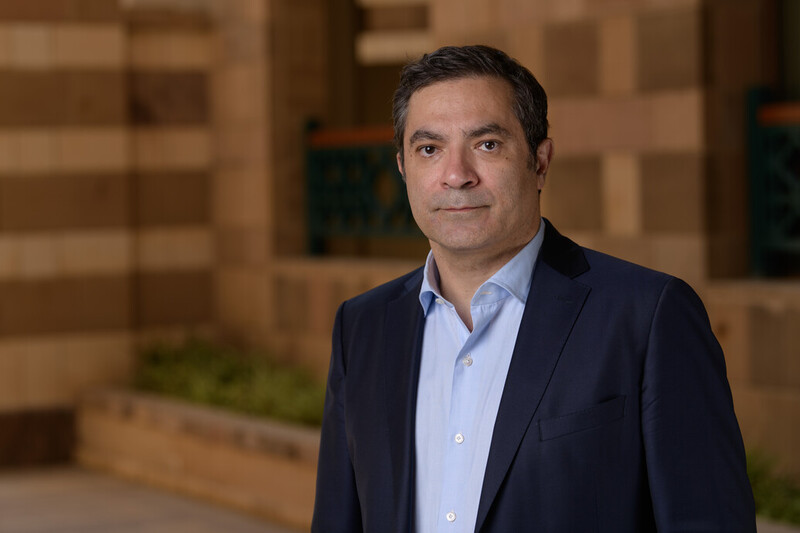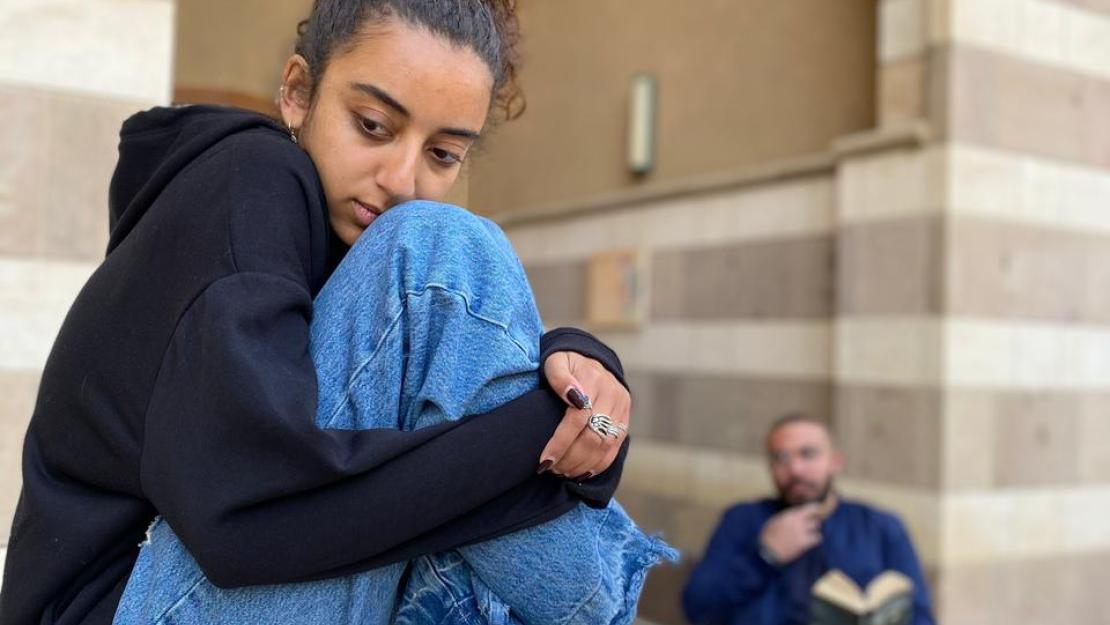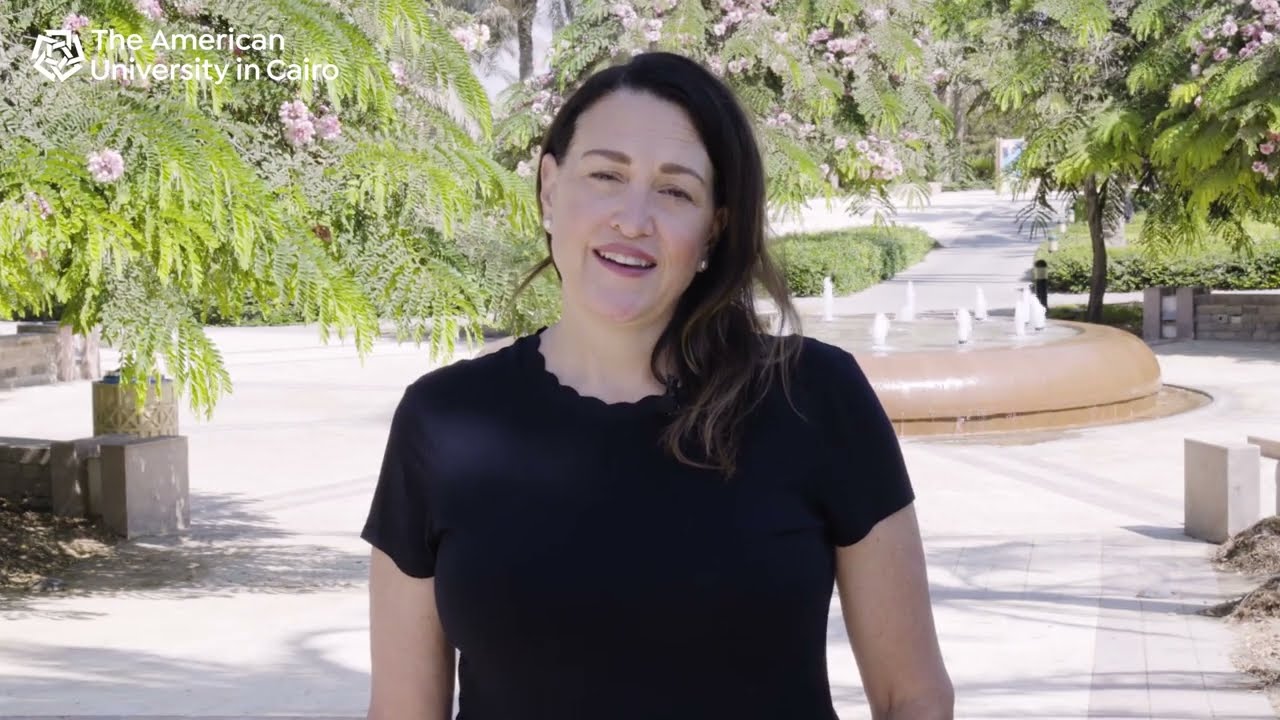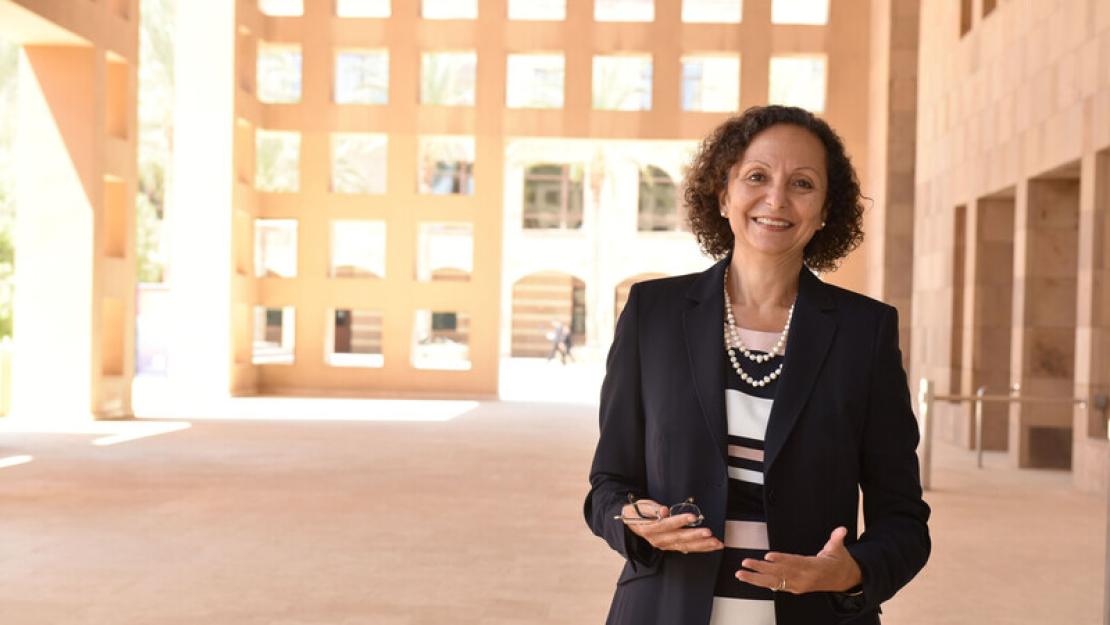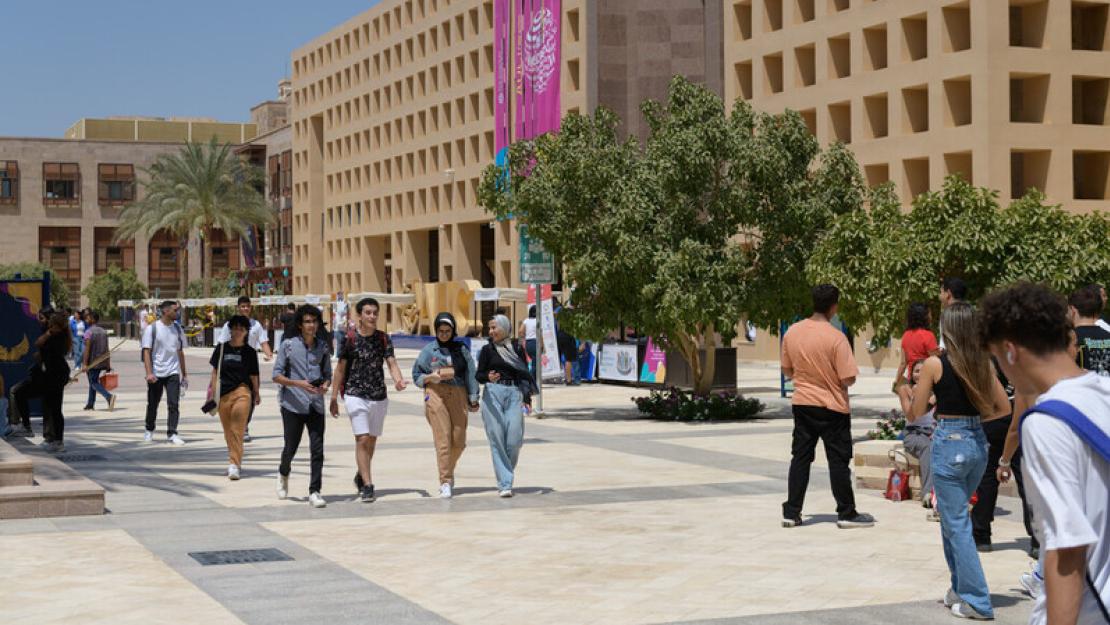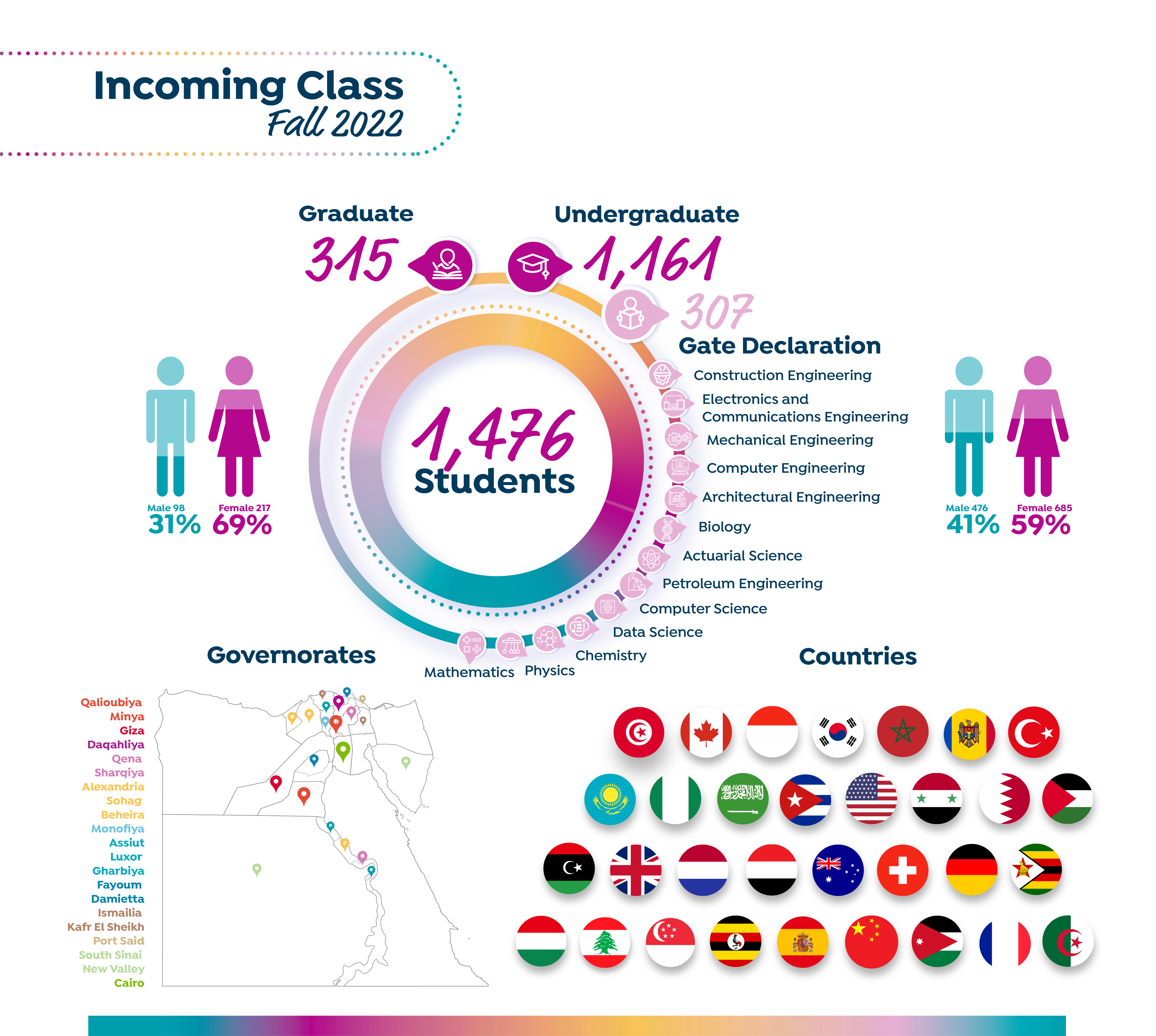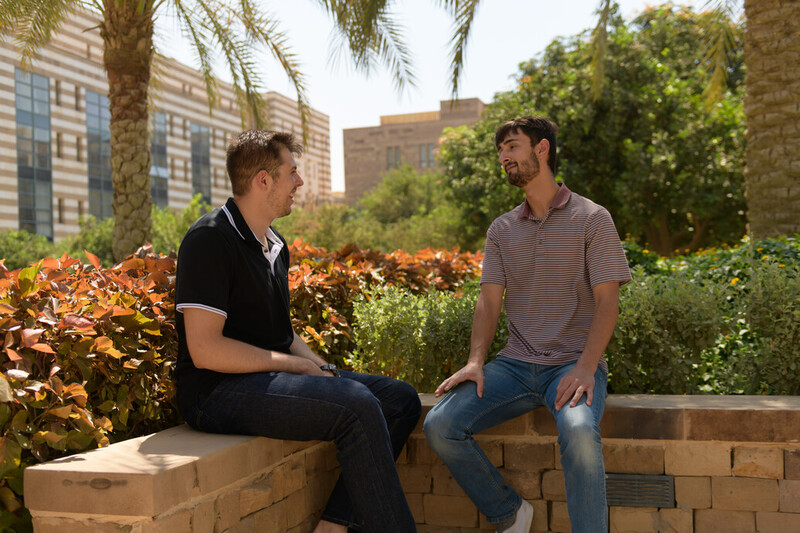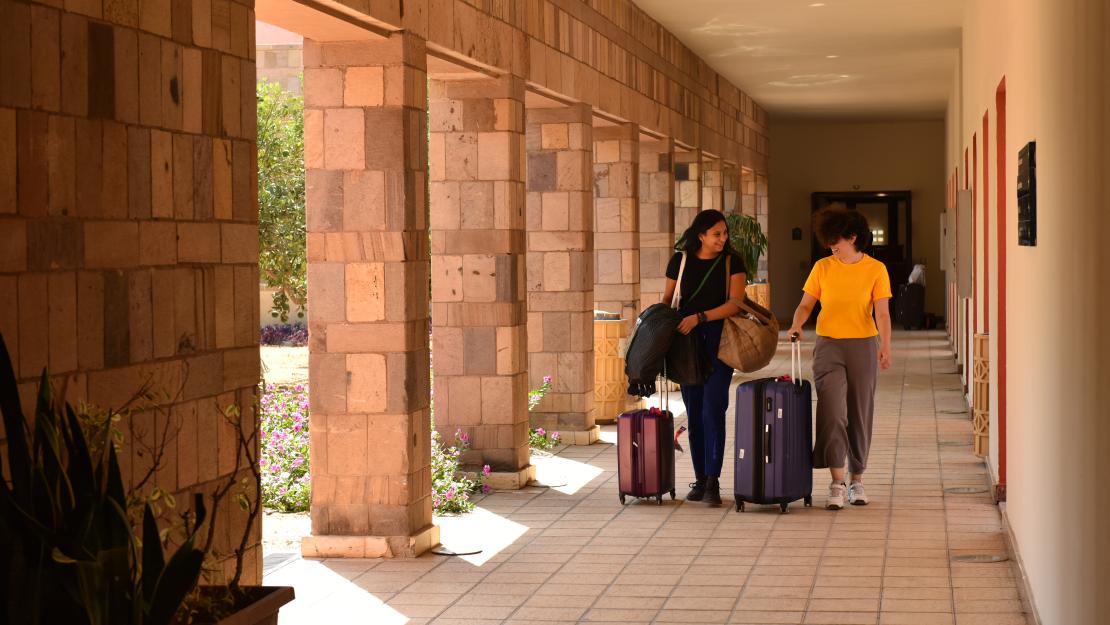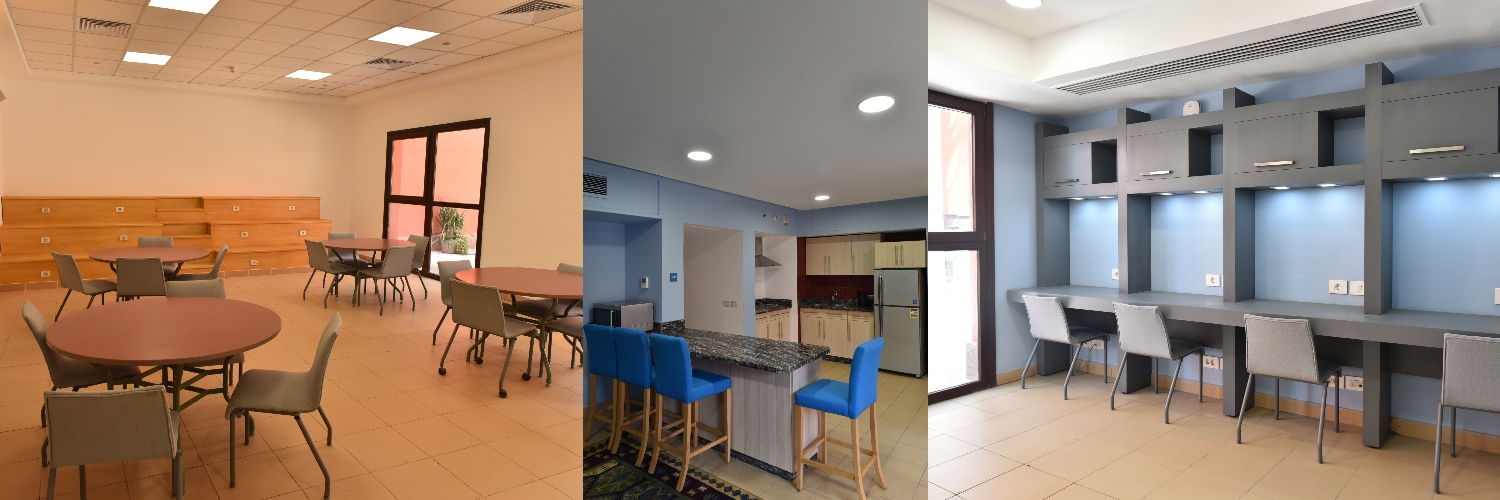Enthusiastically returning to her roots, Noha El-Mikawy ‘82 has become the new dean of the School of Global Affairs and Public Policy. With extensive experience in academia, development and policy — as well as a passion for social justice — she brings with her a well-rounded vision to boost the school’s relevance, recognition and impact.
News@AUC caught up with El-Mikawy to learn more.
Why did you decide to join AUC?
I first joined AUC in 1977 to study political science on a full presidential scholarship. I graduated with highest honors and an outstanding graduating senior certificate.
What I got from AUC was more than learning the habits of hard work. The University added to me an invaluable set of principles: honesty, following through on my commitments and taking responsibility for my actions. My professors during my freshman and sophomore years — whether in world history, Greek philosophy, literature or biology — taught me how to craft inquisitive research questions, reflect on multiple streams of inquiry and strive toward findings that advance a field.
My political science professors at the time (Tim Sullivan, Enid Hill, Gail Gerhart and Malcolm Kerr) gave me something for which I am forever grateful: appreciation for equity and social justice. AUC’s liberal arts education has made me attentive to rigorous inquiry, diversity, inclusion and equal opportunity, hence preparing me for my future research on institutional reform and my work with the United Nations.
With such a fond memory of AUC, the offer to return to lead the School of Global Affairs and Public Policy was a genuine honor. The deanship at GAPP is an opportunity to work with an inquisitive and ambitious team of faculty, staff and students who want to contribute to a more inclusive, peaceful and sustainable world.
Tell us about your career experience.
After I finished my MA and PhD in comparative politics at the University of California, Los Angeles, I became a full-time assistant professor of political science at AUC. Then I followed my heart and went to Germany with my husband, where I became professionally proficient in German within a year of my arrival and started to teach at the Free University of Berlin and the University of Erlangen-Nuremberg.
Thereafter, I led research projects on the Arab Region at the Center for Development Research at the University of Bonn. Generously funded by the German Ministry for International Cooperation, these projects focused on educational and institutional economic reform in Egypt, Jordan, Morocco and Yemen.
I was then offered to lead the governance advisory function of the United Nations Development Program's regional office, where I provided advice on governance programs in a wide range of Arab countries such as Egypt, Jordan, Bahrain, Kuwait, Sudan, Yemen and Somalia. After, I joined UNDP’s global Governance Center in Oslo (Norway) where I led the team working on the development of global governance indicators and deepening UNDP’s global agenda for the legal empowerment of the underprivileged.
I then served as the director of the Ford Foundation’s regional office in the Middle East and North Africa for 10 years, where I was responsible for strategy, grants and partnerships worth over $100 million. I am convinced that universities and civil society organizations — when they work together — form a vital ecosystem to advance research for policy impact and to drive alternative thought and paradigm shifts in times of transition.
How will you build on your professional expertise during your time at AUC?
My academic training, professional record in policy advice at the United Nations and leadership role at the Ford Foundation help me bring to this job a good mix of skills: (a) rigor and collegiality; (b) an understanding of the intricate balance between harnessing and harvesting rigorous evidence and producing well-crafted and timely messages to policymakers, while nurturing respect and trust; and (c) deep appreciation for a wide range of policy issues and disciplines.
Whether in academia, the United Nations or with the Ford Foundation, the ability to develop meaningful strategies and recognize rigorous thought and dynamic thought partners has proven crucial. Observing how national and multilateral institutions struggled to realize the lofty goals and principles of sustainable development helped me appreciate the political economy of public policymaking and the role of corporate and civic actors in ensuring equity. All of this is important for the collaborative scaling up and scaling sidewise that I envision GAPP to do in the next phase of its growth.
What is your vision for GAPP?
We live in a time of intense uncertainty. This is a huge opportunity for GAPP to carve out a leadership role. The volatile multi-polarity we live in presents an opportune moment for GAPP’s teaching, research and training on global governance. The current transformation in climate and global supply chains (whether of entrepreneurial ideas or people, goods and services) offers GAPP a leadership role in public policy and migration studies. The digitization of economies, information and governance present GAPP with an exciting space to expand its work in public administration, law and journalism. All those changes and more are revolutionizing gender relations and law for social impact. I want to ensure that GAPP harnesses the opportunities that are unleashed and brings the voice of our region to global conversations that level the debating field.
My goal is to maximize GAPP’s relevance, recognition and impact through:
• Providing strategic focus and branding clarity to our programs and centers.
• Expanding partnerships on campus to enrich teaching methods and research agendas and consolidate influence in regional/global conversations.
• Partnering with schools of global affairs and public policy in leading universities and with leading think tanks around the world.
• Mobilizing resources while paying special attention to integrated research agendas in partnership with the AUC community so that funders find working with GAPP and AUC is the smart thing to do.
What are your priorities for the coming year?
I want to consolidate an organizational culture at GAPP that combines an incisive grasp of global and regional affairs, with a strategic vision that is compassionate, collaborative and efficient in its management of resources and partnerships. I want to help expand GAPP’s leadership through its flagship platforms such as the Arab Media and Society iournal, Cairo Review of Global Affairs, Tahrir Dialogue and the Executive Education program. We will not forget that our primary goal is to make the learning experience at GAPP — whether in classrooms orresearch groups — dynamic, forward-looking and focused on preparing our students, researchers and professionals to become responsible team players and leaders intent on making the future more inclusive and sustainable.
Favorite book genre: Historical fiction
Favorite music: Novel musical interpretations of classical Arab and international evergreens, the kind of music the Ayoub Sisters make.
Favorite activity: Sharing a long ride with a good storyteller.
Favorite food: Molokheya
Role model: She who goes through a crisis with grace and comes out of it a better person with a more resilient empowered team. A leader who reaches for the stars without losing her sense of the ground.
Inspiration: Trees that have an exceptionally interesting shape. They got there because they weathered the forces of nature and refused to break.
What others do not know about you: I was studying music and then stopped; I wanted to study theatre arts, but then did not. So I adopt a management style that celebrates the harmony of different tunes, sounds and sources of light.
Achievement: At a time when the Arab region is searching for a purpose and framework of cooperation, I had the honor of working with and supporting a number of regional civil society networks that believed in having an Arab civic space of engagement –– one that is inclusive, respectful of diversity and daring to dream.
Problem: Reducing inequality and giving everyone a fair chance to be the best they can and want to be.
